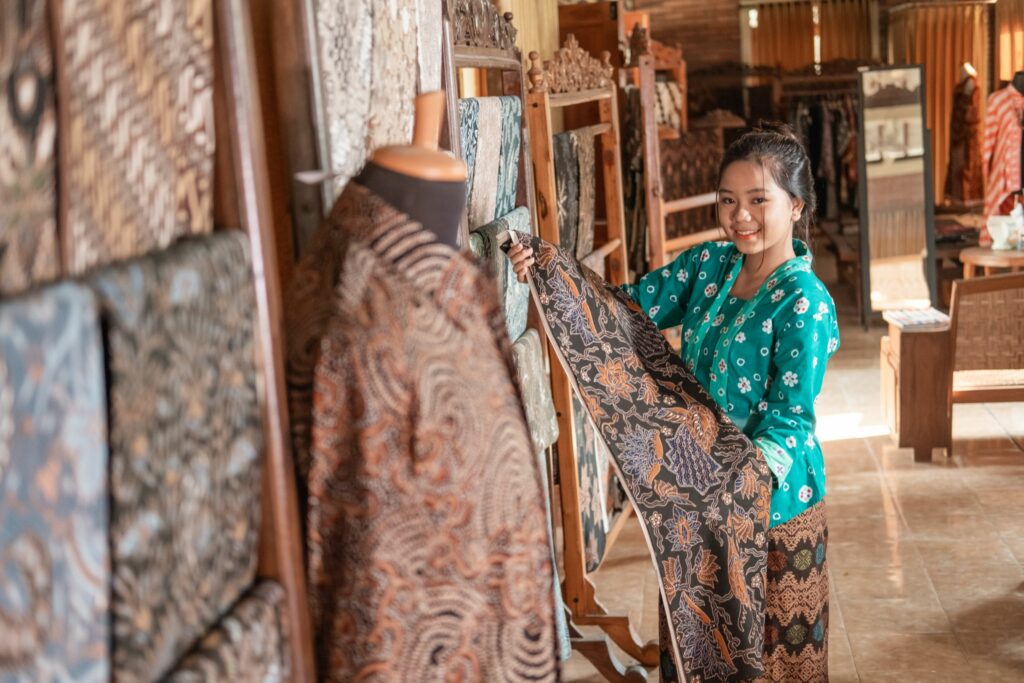Indonesia, a vast archipelago, is a mosaic of cultures and traditions, offering a unique blend of customs and practices that vary significantly from island to island. Understanding Indonesian customs is not just about respecting local norms; it’s about immersing oneself in a rich cultural tapestry that defines this vibrant nation.
What are Indonesian Customs?
Indonesian customs are traditional practices and social norms passed down through generations. These customs are deeply intertwined with the country’s diverse ethnic backgrounds, religious beliefs, and historical influences. They manifest in various aspects of life, from religious ceremonies and festivals to daily social interactions and hospitality.
How are Indonesian Customs Practiced?
The practice of Indonesian customs can be observed in several ways:
- Greeting Etiquette: The traditional greeting in Indonesia involves a slight bow or pressing one’s hands in front of the chest, symbolizing respect.
- Social Gatherings: Customs in social settings emphasize harmony and respect. It’s common to avoid confrontation and to speak in a gentle, polite manner.
- Religious Observances: being predominantly Muslim, Indonesia observes customs like fasting during Ramadan and communal prayers. However, Hindu, Christian, Buddhist, and other religious customs are also widely respected and practiced.
- Dress Code: Traditional attire varies among different ethnic groups, but modesty is a common thread. For instance, it’s customary to wear conservative clothing during religious or formal occasions.
Where are Indonesian Customs Most Evident?
Indonesian customs are most evident in:
- Cultural Festivals: Events like Bali’s Nyepi, the Day of Silence, or Java’s Borobudur Festival showcase many customs through rituals, parades, and ceremonies.
- Rural Areas: In more remote villages, customs are more deeply rooted and visibly practiced daily compared to urban areas.
- Religious Sites: Temples, mosques, and other religious sites across Indonesia are hubs for customary practices, especially during religious festivals.
Benefits of Understanding Indonesian Customs
Understanding and respecting Indonesian customs has several benefits:
- Improved Cross-Cultural Communication: Grasping the nuances of Indonesian customs enhances your ability to communicate effectively across cultures. This understanding helps in avoiding misunderstandings and fosters clearer, more respectful communication.
- Enhanced Travel Experience: For travelers, knowing local customs can transform a typical tourist experience into a more authentic and enriching journey. It allows for deeper interactions with locals and a better appreciation of the places visited.
- Professional Edge in Business: Understanding these customs can provide a competitive edge for professionals working with Indonesian companies or in the region. It shows respect and awareness of local practices, often highly valued in business relationships.
- Personal Growth and Global Awareness: Learning about and respecting other cultures, including their customs and traditions, contributes to personal development. It broadens one’s perspectives, encourages empathy, and fosters a greater understanding of global diversity.
- Networking and Community Building: Whether for expatriates living in Indonesia or students participating in exchange programs, understanding local customs can aid in building a more robust network and a sense of community. It helps in creating bonds and finding common ground with locals.
- Appreciation of Cultural Diversity: Indonesia’s rich tapestry of customs offers a unique opportunity to appreciate the diversity within a single nation. This understanding can deepen one’s appreciation for cultural variety and the different ways of life worldwide.
- Enhanced Adaptability and Flexibility: Adapting to local customs can improve one’s flexibility and adaptability, skills invaluable in today’s globalized world. It prepares individuals to be more open and adaptable to different cultural contexts.
- Cultural Preservation and Respect: Engaging with and respecting Indonesian customs contributes to their preservation. It acknowledges the cultural heritage and plays a part in keeping these traditions alive for future generations.
Conclusion
Indonesian customs, rich and diverse, are a window into the nation’s soul. Understanding these customs is not just about adhering to social norms; it’s about embracing a way of life that has evolved over centuries. For those interested in diving deeper, learning the Indonesian language can provide an even more profound connection to these customs, opening doors to the heart of Indonesia’s cultural heritage. Embrace the journey of discovering Indonesia’s customs – it’s a path to truly experiencing the essence of this incredible country.


